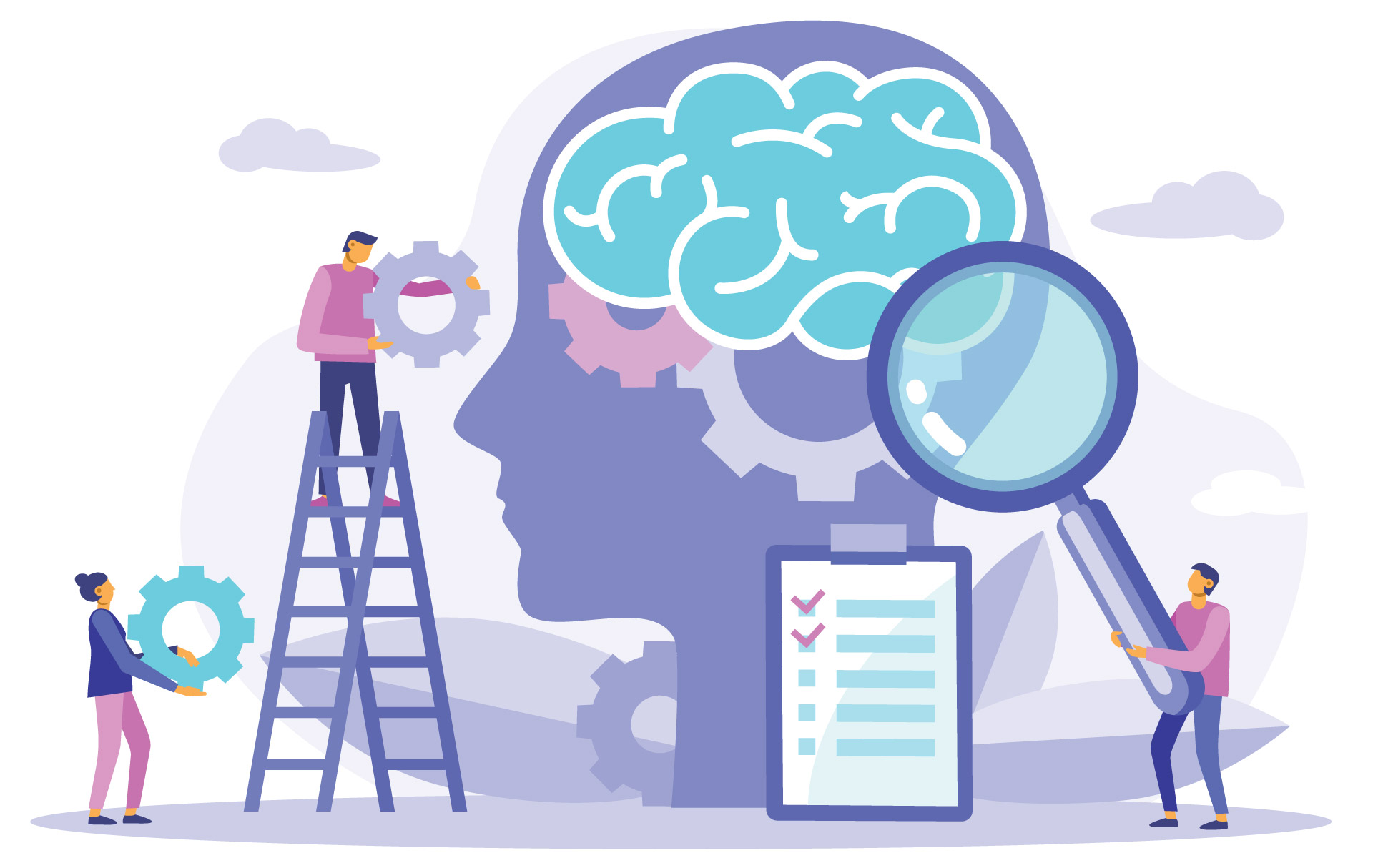HEAD, HEART AND BODY

The Key to Navigating Stress
"This is not just talk therapy, it’s listening and understanding how our body informs us and has a lot to say about how we heal our emotions."
Thoughts whirling, difficulty deciding at the moment, shortness of breath, heart beating fast, jaw clenching! All are symptoms of stress and Patricia Berendsen knows that these feelings can manifest deep in our bodies, having long-term effects. She is a registered psychotherapist, couples and family therapist and social worker, with a practice in London – Patricia Berendsen and Associates.
One of the techniques Berendsen uses is the somatic approach to therapy. She describes it as “the process of exploring how the body can help us resolve trauma.”
“This is not just talk therapy, it’s listening and understanding how our body informs us and has a lot to say about how we heal our emotions.” Since the past two and half years have been traumatic for people in many different ways, she has some advice to offer about dealing with it.
Be honest with yourself
The weight of having too many things to do in too little time has been exacerbated for many during the pandemic, especially working parents. With kids and work in the same place and having to deal with both at the same time left parents feeling conflicted.
Berendsen asserts that often this type of anxiety comes from “not living our values.” The concept of family over work – a commonly heard mantra – isn’t reflected in how some balance their time. Negative physical results often occur when they are spending more time working than with family. “The dissidence of not living your core values causes stress in our systems,” she adds.
This calls for a tough conversation with ourselves. “If work is your priority, admit it.” She adds that getting honest with yourself can resolve this dissidence, resulting in fewer stress symptoms.
Take time to notice how you are feeling.
“Let your body be the guide. Allow time to get to know yourself and your physical responses that are often ignored in the ‘hurry.’”
She recommends doing a body scan to pinpoint your “hotspots,” where anxiety is manifesting as pain. “Is my stomach tight; am I hardly breathing?” Berendsen notes in the busyness of daily life that people are rushing so much, jumping from task to task, that they ignore how their bodies are feeling in the moment.
“People take better care of their cars than they do of their bodies. They know they need to take it in for an oil change or something will go wrong. When it comes to our bodies, we don’t do that. We expect them to keep functioning without any attention.”
After noticing hotspots, we are tempted to force our bodies to relax, telling the shoulders to go down or gulping in air. Berendsen recommends a different technique. She “invites” co-operation. “I take my hand and put it on my shoulder and invite it to soften. It’s comforting. I put my hand to my chest and ask ‘would you be willing to soften?’ This tells your body you are finally paying attention.”
Do nothing
The idea of not being busy in a de-manding world is a foreign concept. Berendsen recommends blocking out some time – it can be just a few minutes – to do nothing but pay attention to your breathing and enjoy the silence. “This is important because it resets your nervous system.”
Turn off devices
Often recommended for those who have trouble sleeping, Berendsen thinks it is also important during the day because it affects the quality of relationships.
When your phone is in sight, it can cause us to lose focus on the person in front of us. “Because of how we’ve been socialized, we can’t resist looking at it. The bings and beeps distract us. Even if you don’t answer it, you’re stressed thinking about who was calling, which means you are not fully involved in the conversation.”
Be as kind to yourself as you are to others
Negative self-talk and having unrealistic expectations of ourselves is what Berendsen calls “being a bully to ourselves.”
Crash dieting or going to the gym seven days a week to lose those ‘Covid 19’ is unsustainable and then we are disappointed in ourselves. “We set ourselves up for failure and then beat ourselves up when we fail,” she says, adding that setting sustainable goals is key to kindness. “I’m going to walk for 10 minutes during my lunch hour.
Doing that consistently, for the rest of your life, is much better,” she adds.
Act like a kid
Take a mid-day break to do something you enjoyed as a child, like colouring, writing a letter to a pen pal or having a long chat with a friend on the phone.
Use this child-like energy to pursue long-lost hobbies like buying a soccer ball to kick around or a basketball to shoot hoops or take up dancing again through classes or around the kitchen.
Berendsen says, “Reexperience joy and playfulness in your life.” Feeling that type of joyfulness can boost endorphins helping the body to better deal with stressors.
Make it last
Noticing positive feelings during all of these activities, remembering them and reflecting on them during times of extreme pressure will help you better pilot pressure situations. “This can soften negative feelings, making you more able to ‘metabolize’ the anxiety, so it is not so stressing,” says Berendsen.
